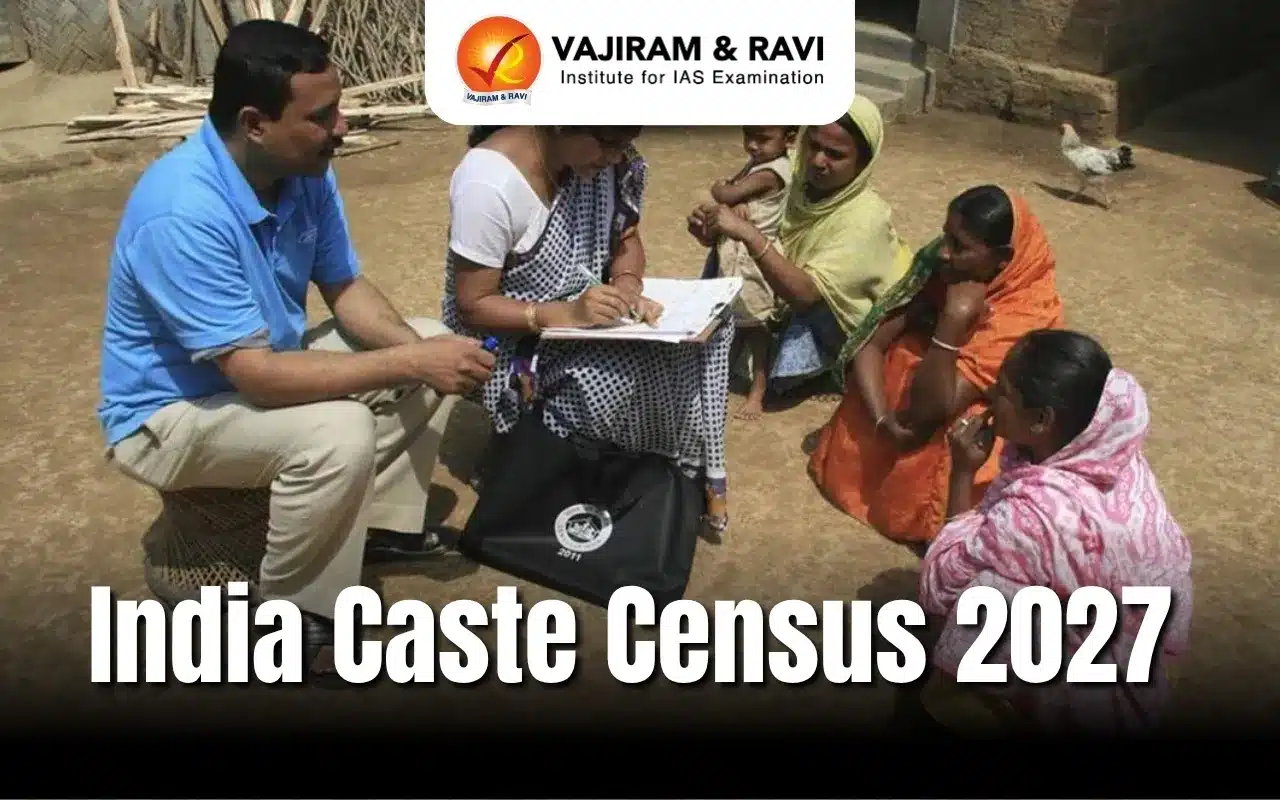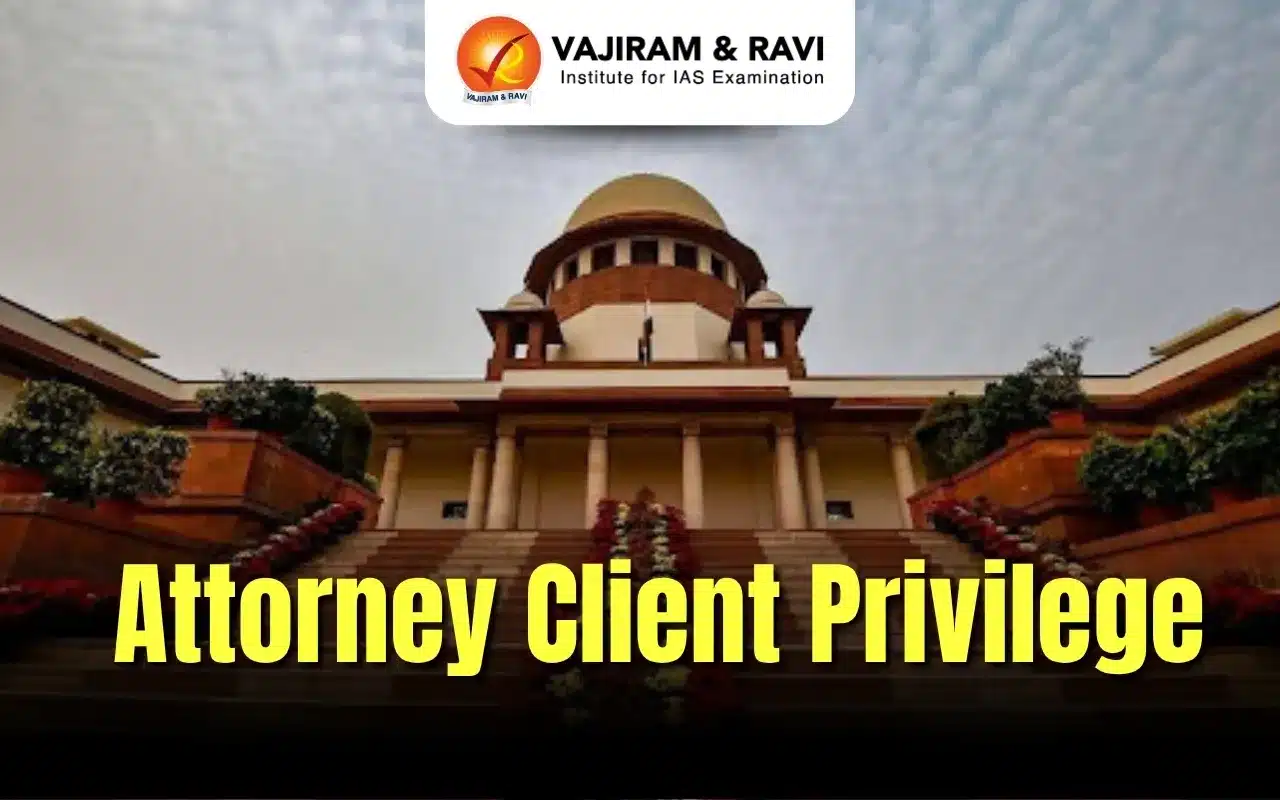What’s in today’s article?
- Why in News?
- The Protection of Children from Sexual Offences (POCSO) Act
- Examining the SC’s Decision to Tighten the Law on Child Pornography
- SC’s Recommendations to the Centre to Address the Issue of Child Pornography
Why in News?
- Marking a significant move in the fight against child exploitation, the Supreme Court of India emphasised that the consumption of sexually explicit content involving minors is a severe criminal offence under the POCSO Act.
- The top court overruled a controversial judgement by the Madras HC, which held that passive consumption of child pornography did not constitute an offence under the POCSO Act or the Information Technology (IT) Act.
The Protection of Children from Sexual Offences (POCSO) Act:
- About:
- It is the first comprehensive law in the country enacted in 2012 for dealing specifically with sexual abuse of children.
- Administered by the Ministry of Women and Child Development, the law is intended to
- Protect children from sexual assault, sexual harassment and pornographic violations.
- Establish Special Courts for such trials.
- In 2019, the Act was amended to strengthen the penalties for specified offences in order to deter abusers and promote a dignified upbringing.
- Key provisions:
- Gender-neutral legislation: The Act defines a child as “any person” under the age of 18.
- Non-reporting is a crime: Any person in charge of an institution (excluding children) who fails to report the commission of a sexual offence involving a subordinate faces punishment.
- No time limit for reporting abuse: A victim may report an offence at any time, even years after the abuse has occurred.
- Keeping the victim’s identity confidential: The Act forbids the disclosure of the victim’s identity in any form of media unless authorised by the special courts established by the Act.
- Concerns:
- Such abuse is on the rise: Particularly since the Covid-19 outbreak, when new forms of cybercrime have emerged.
- Lack of awareness or knowledge: On the part of minor girls, boys, parents and society as a whole.
Examining the SC’s Decision to Tighten the Law on Child Pornography:
- The provision of the POCSO Act in question: The Bench (led by the CJI) expanded the interpretation of Section 15 of the POCSO Act, which deals with the “Punishment for storage of pornographic material involving child”.
- Section 15 of the POCSO Act:
- It punishes any person, who stores or possesses pornographic material in any form involving a child,
- With an intention to share or transmit child pornography;
- For commercial purposes, etc.
- With a three-to-five-year jail sentence.
- It punishes any person, who stores or possesses pornographic material in any form involving a child,
- SC’s verdict:
- Section 15 is not limited to punishing the sharing or transmitting of child pornographic material, and could even be used to punish the “intent” to commit such an act.
- For instance, the court held that a failure to “delete or destroy or report” child pornography would allow the court to “indirectly” infer that the concerned individual intended to share or distribute it under Section 15.
- Overturning the Madras HC judgement, the SC expanded the definition of “possession” in child pornography cases to include cases –
- Where the individual may not have physical possession of child pornographic material.
- But they have the power to control the material in question and the knowledge of exercise of such control.
- The court termed this “constructive possession” and held that “viewing, distributing or displaying” such material would still amount to it being in the accused’s “possession” under Section 15.
SC’s Recommendations to the Centre to Address the Issue of Child Pornography:
- Amend the POCSO Act: To replace the term “child pornography” with “child sexual exploitative and abuse material” (CSEAM) to better reflect the nature of the crime.
- Help victims to heal and reintegrate into society: By providing psychological counselling, therapeutic interventions and educational support to victims.
- Introducing cognitive behavioural therapy (CBT) programmes: To help address the cognitive distortions that fuel such behaviour among offenders.
- Promoting coordinated effort: Among educators, health care providers, law enforcement and child welfare services to identify individuals with problematic sexual behaviours early and implement intervention strategies.
- Raising awareness: Public campaigns should aim to destigmatise reporting and encourage vigilance within the community.
- Formation of an expert committee:
- To devise comprehensive programmes for health and sex education and increasing awareness of POCSO among children from an early age, and
- To give effect to the above suggestions.
Q.1. What is the National Commission for Protection of Child Rights (NCPCR)?
The NCPCR is an Indian statutory body, which became operational on 5 March 2007. It ensures that all Laws, Policies, Programmes, are in consonance with the Child Rights perspective as enshrined in the Constitution of India and the UN Convention on the Rights of the Child.
Q.2. What is POCSO e-Box?
The POCSO e-Box is an online complaint management system that allows children to report sexual abuse directly to the National Commission for Protection of Child Rights (NCPCR).
Source: Supreme Court: Viewing ‘child porn’ is offence under Pocso, IT Acts | IE
Last updated on June, 2025
→ UPSC Notification 2025 was released on 22nd January 2025.
→ UPSC Prelims Result 2025 is out now for the CSE held on 25 May 2025.
→ UPSC Prelims Question Paper 2025 and Unofficial Prelims Answer Key 2025 are available now.
→ UPSC Calendar 2026 is released on 15th May, 2025.
→ The UPSC Vacancy 2025 were released 1129, out of which 979 were for UPSC CSE and remaining 150 are for UPSC IFoS.
→ UPSC Mains 2025 will be conducted on 22nd August 2025.
→ UPSC Prelims 2026 will be conducted on 24th May, 2026 & UPSC Mains 2026 will be conducted on 21st August 2026.
→ The UPSC Selection Process is of 3 stages-Prelims, Mains and Interview.
→ UPSC Result 2024 is released with latest UPSC Marksheet 2024. Check Now!
→ UPSC Toppers List 2024 is released now. Shakti Dubey is UPSC AIR 1 2024 Topper.
→ Also check Best IAS Coaching in Delhi












